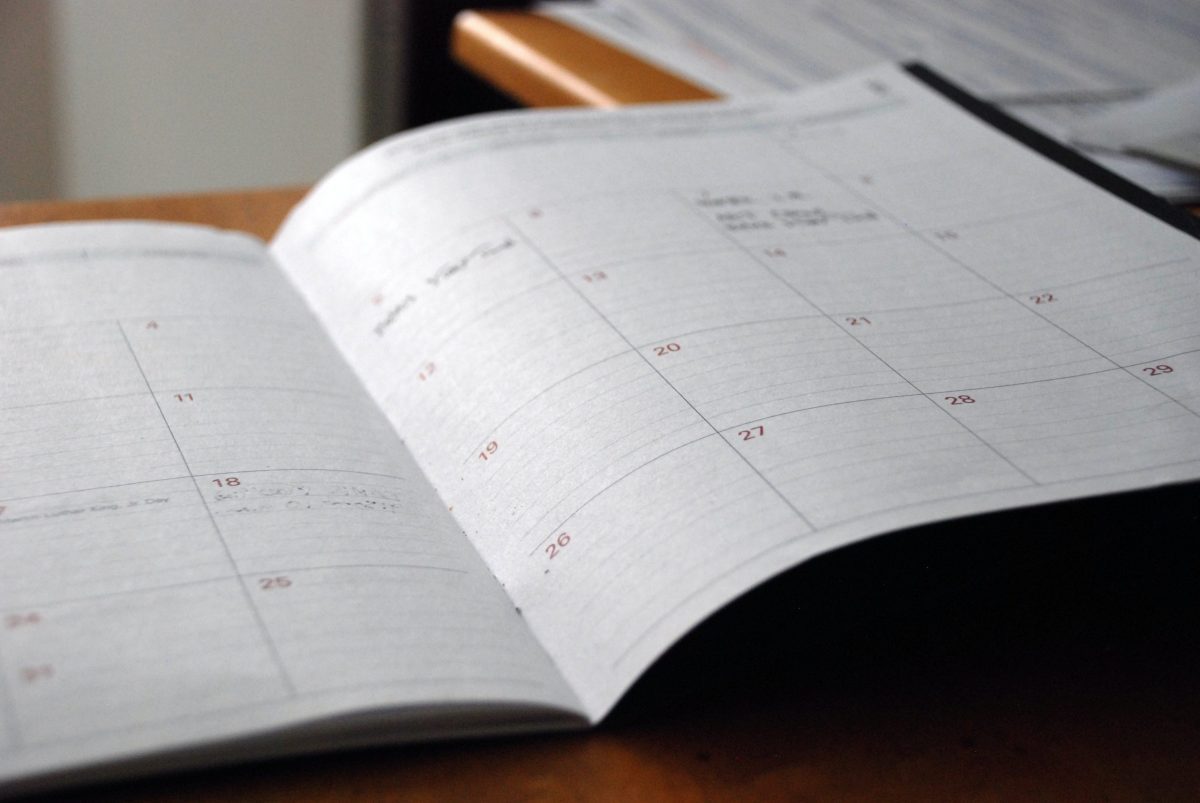Some incarcerated people spend years getting ready for parole hearings. Lawyers and loved ones may help get support items ready. They may help you practice answering questions for the parole board. But what happens when the board approves your request and schedules your release? Thousands of people in prison end up back behind bars because they don’t follow the rules of their parole. That’s why you need to know how to report to your parole officer and when you must.
A Quick Note on Terminology
The terms around parole and supervised release can get a little confusing. This is because parole officers and probation officers have a lot in common. Both help to make sure people follow the conditions of their release. Probations officers usually work only with people who are not sent to prison. Parole officers work with those who have served time and are released from prison. The phrase supervised release can refer to both parole and probation. In most cases, your parole officer is the best place to start when you have questions about your release.

Where do you go and how do you report to your parole officer after release?
Not all offenders have the same rules when they leave prison. You should get a parole sheet or green sheet from the board before you leave prison. This sheet tells you where you need to go. It should also tell you how long you have before you must report to your parole officer. The Bureau of Prisons (BOP) says people in federal prison have 72 hours to contact their parole officer.
Most of the time, you will first meet your parole officer at the parole office. You will go to the office in the district where the board approved you to live. The address for the office is on your parole sheet. This sheet will also list the approved address where you will live.
The only time you will meet at a different time or in a different place is if the parole officer tells you to. They will make contact and provide the address and time for your meeting if it is not at your usual meeting spot. You must follow what the parole officer says to make sure you don’t break the rules of your release.

How often do you report to your parole officer?
Your parole sheet or conditions of release will specify how often you report to your parole officer. This is because not all formerly incarcerated people report to their parole officer as often. Those who are struggling with addiction might meet more. An officer might also want to meet more often when you first get released. The longer you are out of prison, the longer you might go between meetings.
One thing that you need to know is that your parole officer makes the rules. They decide if you need to report weekly, monthly or every few months. The parole officer can also change how often you report to them. This is because your parole officer checks your progress. They also look at how well you follow the rules of your release. If you have trouble, they might want to see you more often.
Can you ask to change how often you report to your parole officer?
You can ask both your parole officer or the parole commission to change the rules of your release. This includes how often you report to your parole officer. Remember that they don’t have to approve your request. You can give them reasons that you want to make the change. They will listen to your reasons and decide what terms of release they think is best for you.
The Takeaway:
Most of the time, you should report to your parole officer within 72 hours of your release. You will meet them at the parole office unless they tell you to meet somewhere else. Your parole sheet tells you where to go and when. The parole officer will decide how often you must report to them.






